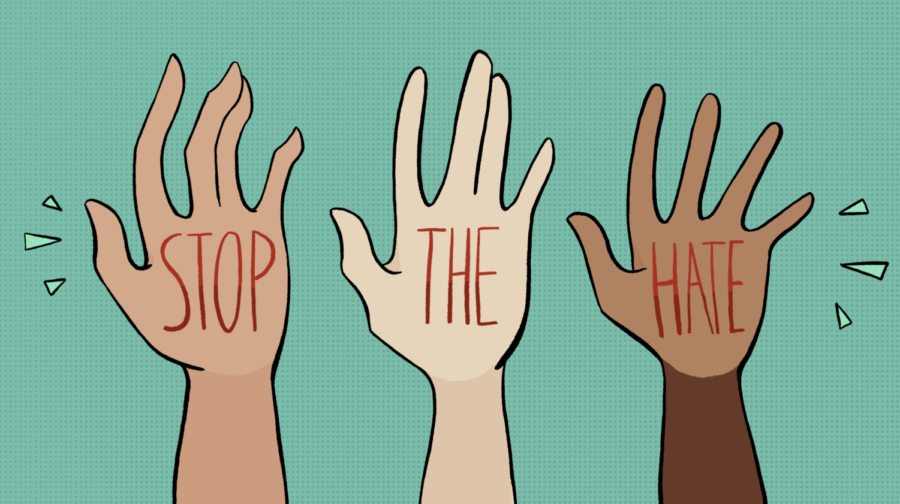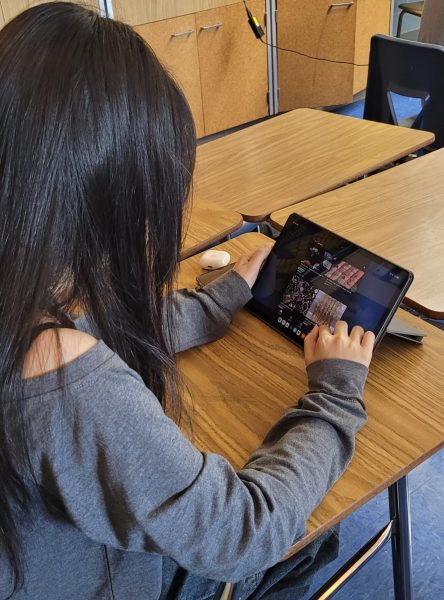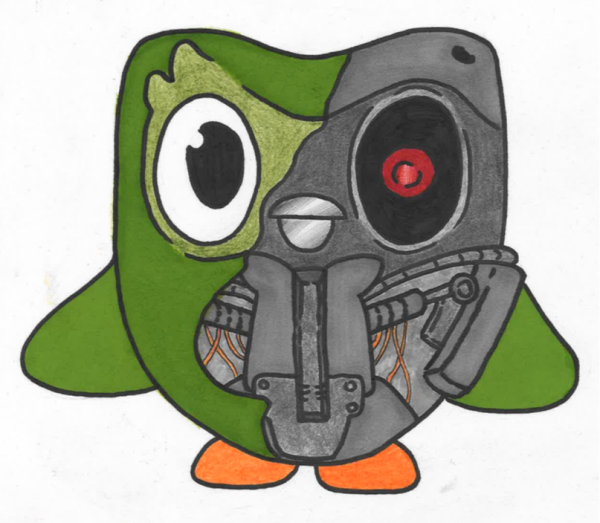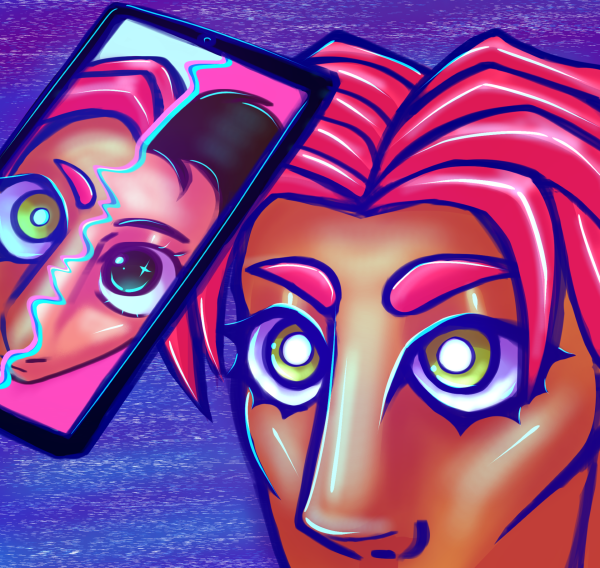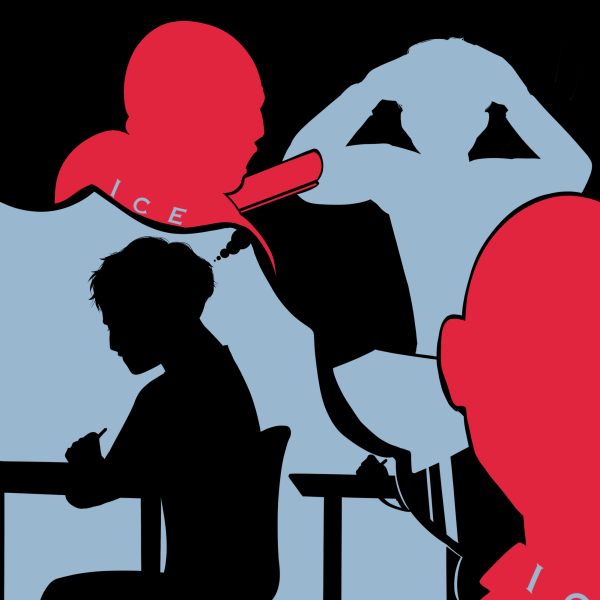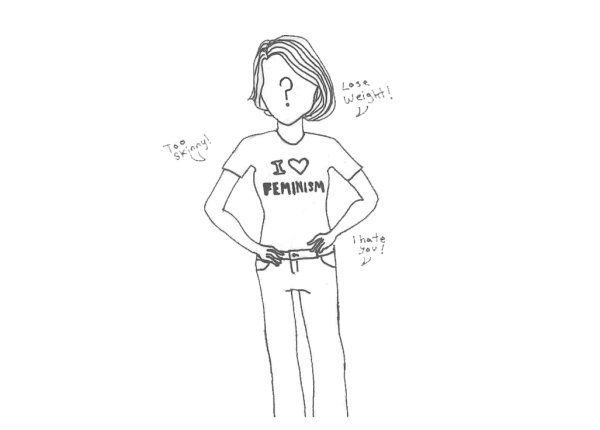Recent rise in hate crimes concerns nation, communities of color
The attacks in Atlanta last week have spurred a worldwide discussion on hate-based crimes, especially in the AAPI community in the wake of the pandemic.
America was built on the oppression, suppression, inequity and savagery inflicted on minorities, so hate crimes are nothing new in this country. Starting with the genocide of Indigenous people to the dark inhuame conditions enslaved African Americans and their descendants were forced to live through. Prejudice and racism is deeply rooted in our society. Our modern day education system, medicine we prescribe, imperialism, the economy, social norms and even how our police system was built all traces back to a racial hierarchy. Amidst the pandemic, abhorrent crimes have significantly increased — especially anti-Asian and anti-Black crimes.
On April 12, 2020, dozens of Black people in China were evicted and blamed for the rise of COVID-19 cases. Even though almost all tested negative, they were thrown out onto the streets and forced to fend for themselves without the help of their government. Across the Atlantic, a video went viral in March 2020 in America capturing two Black men being kicked out the store for looking suspicious while wearing masks. This brings us to question just how many Black people live in fear of being harassed and murdered for wearing masks. The fear of violent death at the hands of law enforcement is also not unfounded, especially with the murder of George Floyd and countless other victims.
In an interview with Godwin Kasongoma, a junior at Columbia Heights High School, she recounts her personal experience with profiling and racial biases ever since the pandemic.
“I went to my local market wearing all black, with sneakers and a mask,” Kasongoma said. “As I entered, I knew someone was watching me so I tried to test it out by walking far away and there they were. I was like ‘yikes, maybe I look like I am about to take and run,’ so I lowered down my hoodie. I had a scarf on, and the person was still there, so I made eye contact with them and they continued staring. I bought my stuff and when I went to check out, I stared at them again and they kept on looking at me until I left.”
In majority Black and brown neighborhoods, cop patrols are more likely to be present due to prejudice and stereotypical tendencies.
“Ever since the pandemic, I’ve noticed that almost every corner store or market in North Minneapolis where I live has a ‘no hoods’ [sign] outside their doors,” said Kasongoma (11). “When I was visiting my friend who lives in the suburban part of Brooklyn Park, she has this small corner store, and it didn’t state that at all. I also noticed that both local supermarkets, and big stores like Walmart and Cubs Foods on the Northside of Minneapolis have cops at every door, but not in suburban cities.”
Anti-Asian hate crimes have also gradually increased and have resulted in the death of many innocent men, women, and children. Obtuse racist people all over the world have demonized Asian people and blamed them for COVID-19.
According to a recent report from California State University, San Bernardino’s Center for the Study of Hate and Extremism, hate crimes against Asian Americans increased by 150 percent in 16 cities in 2020. In just one year, there have been over 3,800 Asian hate-related incidents that have been reported in the United States alone. On March 12, 2021, a 75-year old Asian-American elderly man was murdered in Oakland, California. During his morning walk in Oakland, a man by the name of Teaunte Bailey assaulted, robbed and critically injured the 75-year old of Asian descent. Unfortunately, many of these assailants are not charged with hate crimes or bias crimes due to it being difficult to prove motivation. Even though we are well aware of it being a racial bias motive by how news of the event affects communities of color, by law it can rarely be proven. Dozens of stories have emerged of Asian-Americans documenting the verbal and physical attacks that they’ve experienced throughout their lives in America.
In an interview with Ngawang Nima, an Asian-American junior at Columbia Heights High School, she spoke up about her and her family’s encounter with blatant racism in our city’s small population of Asian-Americans.
“I’ve experienced a lot within our own town, but with the suppression of Asian voices, I’ve always kept it quiet,” said Nima. “For generations we’ve been told to stay silent, settle down, and don’t start too much trouble, but nothing will ever change if we don’t use our voices and speak up about this. On the other hand, many Asian-Americans or people of color in general don’t realize when they’re experiencing racism because they’ve been conditioned to subdue their feelings and do as much as they can under white supremacists rule.”
On March 17, 2021 in Georgia, a 21-year old white man went into multiple spas and murdered eight people. Six out of the eight victims who were shot at three different locations were Asian women. Though motive hasn’t been established yet, many believe this was race-related and adds to the list of hate crimes that have spiked since the pandemic. Many Asian-Americans all across our nation are fearful for their lives and for the lives of their loved ones. When asked what she thought about the recent murder of the eight people, Ngawang Nima provided her insight.
“The Atlanta shooting hit home because as an Asian-American woman I understand the fetishization and the sexual stereotypes enforced on [us],” said Nima. “It is extremely scary and many Asian people are grieving right now. Many of us aren’t able to go about our day for fear of being physically or verbally attacked. People need to genuinely spread and share petitions to not just raise awareness, but to save lives.”
One thing many of us forget to do during emotionally draining and scaring times is to check up on your friends, families and loved ones — especially those who are on the receiving end of prejudice, bias, and hate in this country. Remember to check up on your Black and Asian friends, families and co-workers.
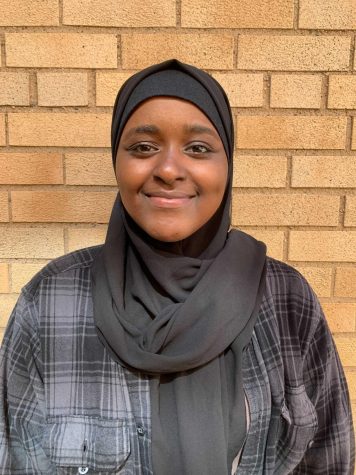
Fartun Ahmed is a senior at CHHS and the Opinion Editor for the Heights Herald. She is a part of College Possible, National Honors Society and regularly...



